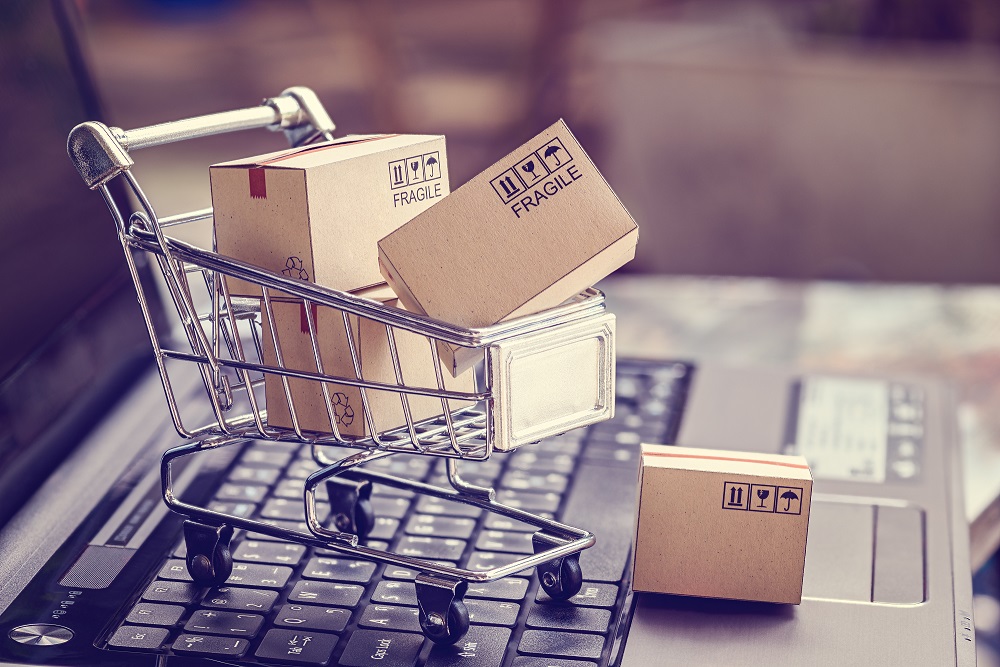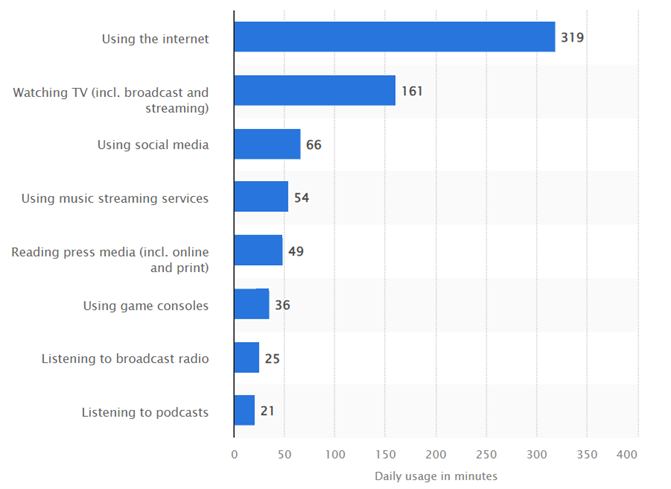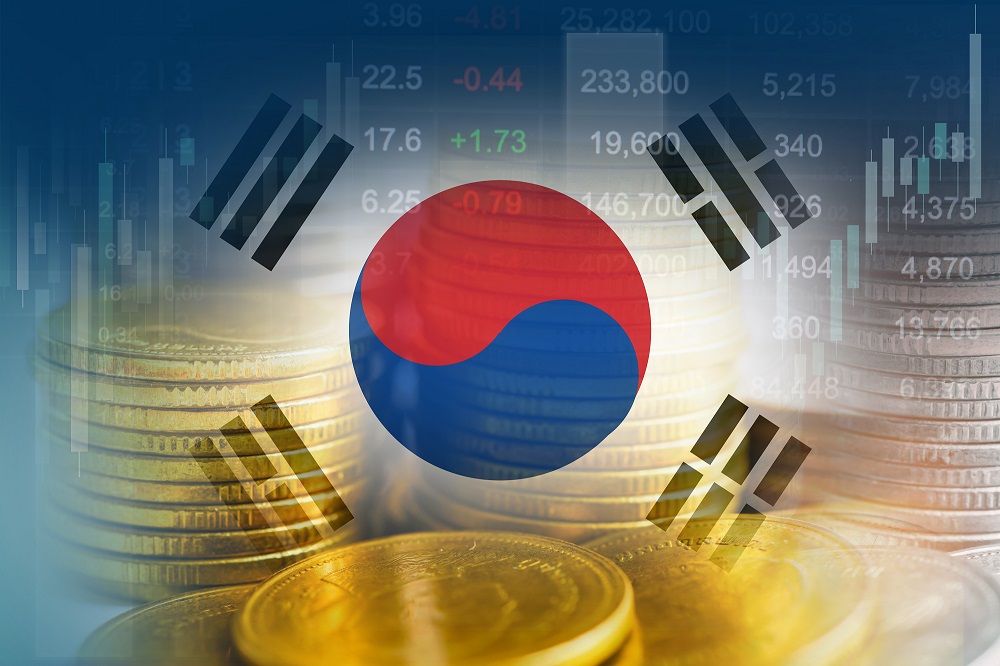Market Focus: South Korea
South Korea: International Trade
South Korea, renowned for its cutting-edge technology, vibrant consumer culture, and global K-pop sensation, stands out as a unique nation with distinct market dynamics and abundant business opportunities. In recent years, the country has experienced a surge in cultural influence, with its music, films, and cuisine playing a pivotal role in driving economic growth. The country holds a dominant position in an array of global industries. Its rapid growth in recent decades has been fuelled primarily by exports of electronics and telecommunications equipment. This has solidified South Korea’s reputation as a top producer, and global innovation hub. As the world’s 10th largest economy by nominal GDP and 4th largest in Asia, South Korea boasts a highly developed, export-driven market, advanced technology, and a skilled workforce.
Key Stats:
- GDP (2023 est.): $1.73 trillion
- GDP Growth Rate (2023 est.): ~1.4%
- Unemployment Rate: ~2.7%
- Literacy Rate: ~ 98%.
eCommerce on the rise
We have all seen documentaries showcasing the vibrant, neon-lit streets and bustling subway stations of Seoul and Busan, highlighting South Korea’s rich and dynamic consumer culture, which ranks among the most prominent in the world and welcomes foreign businesses form all sectors to explore their ever-growing trade opportunities. Korean hyper-consumerism has flourished in recent decades, especially in the technology and apparel sectors, with many Koreans wanting to own the newest gadgets and trendiest clothes. South Koreans are key drivers of the domestic economy, with e-commerce experiencing rapid growth. Consumer spending has surged, fuelled by the digitalisation of trade and rising consumer confidence. Figures show 88.5% of the population engages in e-commerce, with only 20% of transactions made in cash. The MZ Generation (Millennials and Gen Z) stands out due to its digital fluency and higher education, which drive a greater consumer spending power and a strong desire to invest in themselves.

K-Power
Over the past decade, the rise of K-pop and broader K-culture has significantly boosted South Korea’s soft power on the global stage. The Korean entertainment industry has been instrumental in boosting the country’s international status, with the success of artists and groups like BTS, and Blackpink leading this movement. This booming industry has captivated millions worldwide, creating vibrant online K-pop communities. “Hallyu” which translates to the Korean Wave, encompasses this global phenomenon, with foreign investors eager to tap into this multi-billion-dollar market. Its influence on global consumer trends is evident in the growing popularity of K-beauty products and Korean cuisine. While rising consumerism has contributed to high levels of credit card and household debt—203.77% of disposable income as of 2022—it presents promising opportunities for startups entering the Korean market.
The Landscape of Technology
South Korea is home to some of the world’s largest tech companies, such as Samsung and LG Electronics. The country's economy is heavily reliant on the success of Samsung and other technology-driven firms. Technology plays a central role in South Korea's economy, with tech-related products being its top exports. The government's commitment to fostering innovation is evident in initiatives like the Digital New Deal, which promotes the adoption of AI and provides companies offering digital solutions with expert guidance and abundant opportunities.
Looking at statistics of technology and media consumption, South Korean citizens stand out. According to a survey conducted in the third quarter of 2023, Statista found that the average consumer surfed the internet for 319 minutes (five hours, nineteen minutes) per day. This was followed by watching TV (streaming and broadcasting) and browsing social media.

Source: Statista
Global Ties
South Korea’s major trade partners include the U.S., China, Japan, and the EU. By 2017, South Korea had signed Free Trade Agreements (FTAs) with 52 markets, including the European Free Trade Association (EFTA), ASEAN, India, the European Union, and the United States, among others. South Korea is a member of many international economic organisations, such as the IMF, Asia-Pacific Economic Cooperation (APEC), OECD, G-20, the World Trade Organization (WTO), and others.
The Foreign Investment Promotion Act of 1998 offers various incentives for foreign investors. Benefits include cash support based on the amount of foreign direct investment (FDI) and the number of local employees hired. The government is prepared to offer land and capital to foreign companies that demonstrate strong technological expertise and maintain the employment of a given number of locals. Intellectual property protection also encourages foreign investment. Additionally, the government has laid out plans to lead in the Fourth Industrial Revolution by supporting innovative start-ups and adapting to technological changes.
UK-South Korea Trade
The UK and South Korea have recently entered negotiations to reinvigorate and update their existing Free Trade Agreement (FTA). South Korea was the UK’s 25th largest trading partner in the four quarters to the end of Q1 2024 accounting for 0.9% of total UK trade. Total trade in goods and services between the UK and South Korea was £16.1 billion in the four quarters to the end of Q1 2024, highlighting the growing trade relationship and strong economic ties between the UK and South Korea. With its vibrant startup ecosystem, which is both government-backed and home to private investment, areas like fintech and AI are growing at a rapid speed, seeing major Korean cities emerging as innovation hubs. Korea’s open capitalist market has propelled the country to sign more FTAs and encourage direct foreign investment. This market growth works alongside the country’s aim of expanding its economic reach worldwide.
Export Ready
South Korea is an export-driven economy, with top exports in 2022 being integrated circuits (16.5%), refined petroleum (9.0%), and automobiles (7.6%). In South Korea, the export industry is so crucial that it accounts for around 40% of the country's total economy. According to the World Trade Organisation, the country was the sixth-largest exporter, and eighth-largest importer of goods in 2022. The trade balance is structurally positive, with import and export rates continuously growing. In the four quarters to the end of Q1 2024, total UK imports from South Korea were £7.2 billion.
Risk and Reward
South Korea faces several challenges that pose risks to its economy, particularly for foreign investors. Namely, its proximity to North Korea. This presents geopolitical risks that may deter many companies. While relations with North Korea have been relatively stable in recent years, the historical volatility of this relationship remains a concern.
The country is also facing significant demographic challenges, including a declining birth rate and an aging population. In response, the government is in the process of implementing new policies to combat these negative trends, such as offering tax incentives for new parents and improving access to childcare.
Despite these risks, South Korea continues to thrive in key sectors like technology and consumer goods. The country’s economic resilience and innovation hubs make it an attractive destination for foreign investment. While certain risks persist, South Korea’s rapid growth and modernisation continue to draw interest from international companies, including those from the UK.

Bespoke Market Research
International trade offers exciting opportunities but can be overwhelming at times, especially for companies with no prior experience in global markets. It is essential to be well-prepared, thorough, and seek guidance from market experts who can help you navigate the path to success in your international ventures.
The London Chamber of Commerce and Industry (LCCI), through its Business Information Services—exclusively available to Premier Plus Members—provides companies with access to tailored overseas market insights. Our reports cover:
- Economic overviews of target countries
- High-demand UK products and services
- Export and import procedures
- Key considerations for doing business in specific countries
- Import and export data for the UK and global markets
As the UK's largest provider of trade documentation and certification services, LCCI can also assist with UK EUR1 Movement Certificates to streamline your exports to South Korea and other countries, as well as information services, and consultancy.
This article was compiled with information from Statista, Santander, Daxue Consulting, HKTDC, Medium, Korean Culture Centre, Trading Economics, Department for Business and Trade, Carnegie Endowment for International Peace, OECD, Korean Culture Centre NY.
This article was written by Freya Bishop, International Business Assistant, LCCI.

